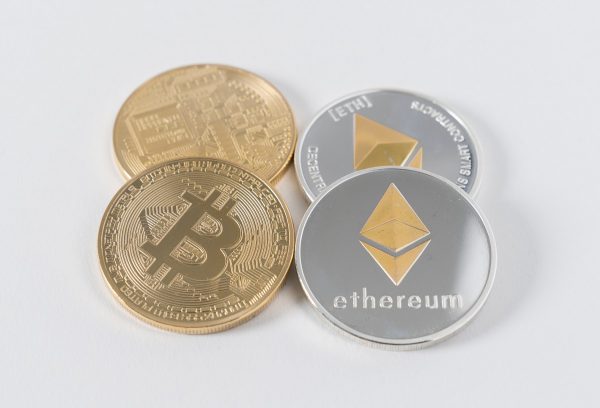Crypto-currencies like Bitcoin were created not only as a means of storing wealth outside fiat currencies, but also a means of ensuring privacy when making financial transactions. This prompted a search to answer the question:
What happens when you cross the border into the United States with your e-wallet?
We know that you must declare currency and all monetary instruments if the total exceeds $10,000. So we searched the U.S. Customs and Border Patrol (CBP ) website and the currency declarations page link to Fincen.gov which is the U.S. Department of The Treasury Financial Crimes Enforcement Network website. After a number of searches we were unable to find relevant information for searches on electronic currencies, crypto-currencies, or even the most popular of them: Bitcoin.

What Crypto-Currencies Are Not
Crypto-currencies are definitely not legal tender. Based on the description of the CBP website they are also not negotiable financial instruments. The CBP website states personal checks that are endorsed, securities such as stocks and bonds that are in bearer form, and travelers checks, all of which are basically ready to use the same as cash, must be reported.
Are Electronic Wallets Currency?
We hit a snag on this one. We can use our electronic wallets to buy goods and services the same way as we use cash. An electronic wallet on a phone has the cash sitting on the phone and not in a bank account. It is ready to spend the same as legal tender and does not need to be transferred. It seems to work like cash but again, since it is it’s own currency and not backed by a government as legal tender, it escapes the definition of a currency that requires reporting.
A transfer of funds through normal banking procedures which does not involve the physical transportation of currency or monetary instruments is not required to be reported by the individual.
The Risk For Not Reporting E-Wallets
Since the Customs and Border Protection (CBP) does not collect duty on regular currency, we would expect an e-wallet with crypto-currency should be free from any border crossing penalties. There may well be a definite downside in the fact that “Failure to declare currency in amounts more than $10,000 can result in its seizure.” When we consider these two points and the results of our searches, we feel it is best to declare the value of the crypto-currency in your e-wallet and let the CBP assign a U.S. dollar value due to the volatility in pricing.
The News About Border Crossing With Crypto-Currencies
Despite the searching of government websites, we found through recent news that a new Congressional bill (U.S. Bill S.1241: Modernizing AML Laws to Combat Money Laundering and Terrorist Financing.) that will affect border crossing with electronic currencies, was introduced by Senator Chuck Grassley in May of 2017. It appears our conclusion that cyrpto-currency should be declared becasue it is a monetary instrument that is under the full control of the bearer – was correct. The bill goes even further suggest options for regulating foreign exchanges of crypto-currencies and even a global monitoring system that would be able to watch over the blockchain ledgers. According to a recent article about the bill it is “languishing in Committee” and “…everyone on the Hill recognizes the shortcomings of the legislative language and the current problems.”
Our Conclusion
Until the U.S. finance laws change, crypto-currency is not yet a negotiable monetary instrument and your e-wallet appears to be off limits.
Have you recently been found inadmissible after being questioned when trying to cross the U.S. border? We can help. Pardon Services offer free, private consultations to assess your case. Simply call us at 204-453-0099.

